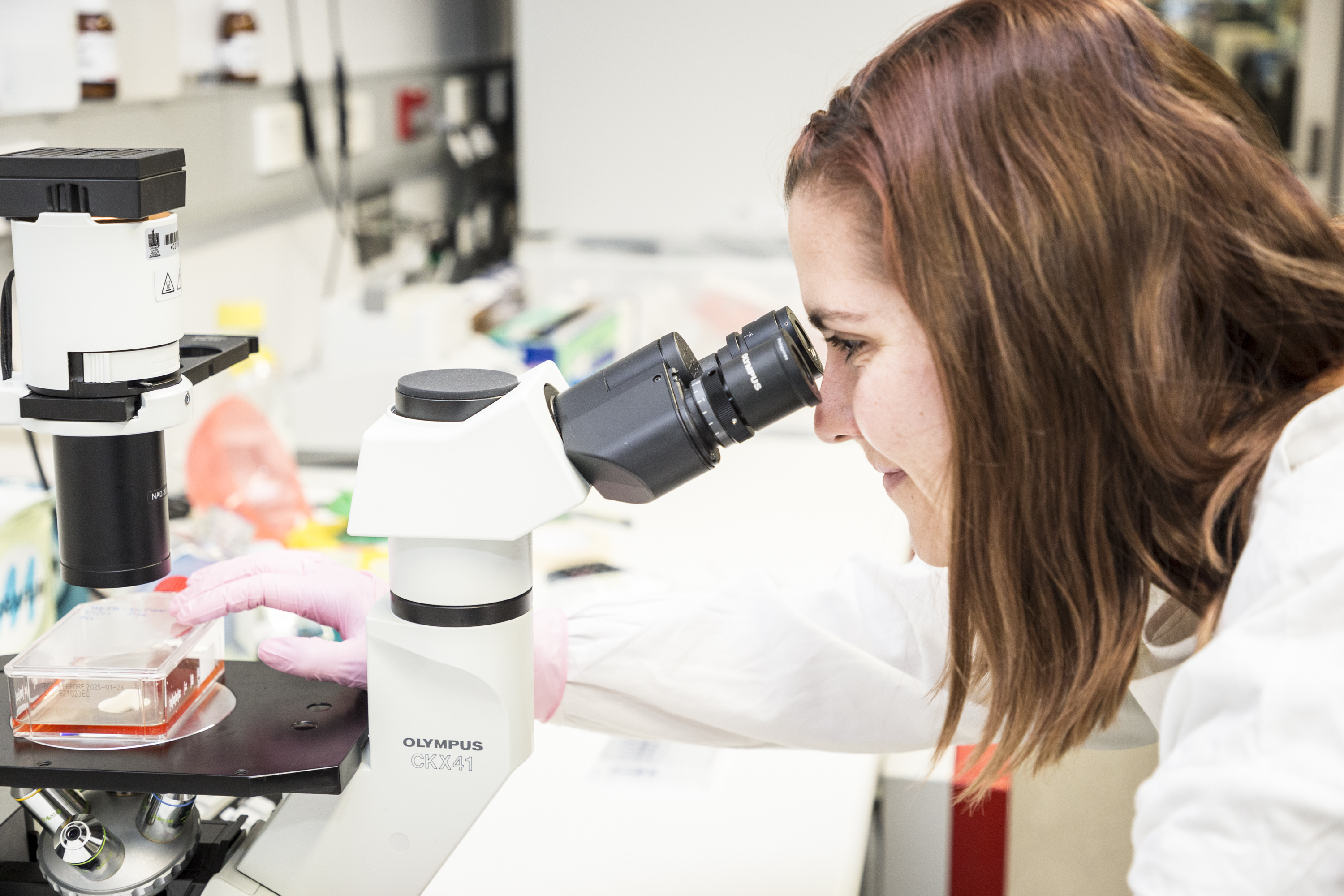
A generous grant of $91,000 made by Perpetual Trustees to The Kids’ Cancer Project will help to fund a pioneering research project aiming to identify the ‘culprit’ genes behind childhood cancer. The project stands to revolutionise both treatment options for children with cancer as well as improve early detection and aid in cancer prevention.
Recent studies have shown around 10% of childhood cancer patients have an irregularity in part of their DNA, called the ‘germline’ which predisposes them to developing cancer. Not only does this mean they are more likely to have cancer as a child but also develop other cancers later in their lifetime.
With this data indicating that one in ten children has an increased risk of cancer, and with 90 children being diagnosed with cancer each month in Australia, the need for a way to identify these genes is crucial. With new funding from a generous perpetual trust, that’s exactly what Dr Bhavna Padhye and her team at The Children’s Hospital Westmead in NSW is aiming to do.
Dr Padhye’s project, known in short as ‘PREDICT’, will scrutinise the entire genome sequence of children who have recently been diagnosed with cancer, as well as their parents, to identify the germline variant that has caused their cancer. It’s important to analyse the parent’s genome too as the germline is a variant in the body’s reproductive cells – the sperm or the eggs – meaning the cancer-causing variant in the child’s DNA has likely come from the parents.
Currently, there are only 200 genes known which can predispose children to cancer, meaning there are still many unknowns as to the causes of childhood cancer.
But, thanks to recent advancements in genome sequencing technology, Dr Padhye and her team are able to investigate these genetic abnormalities on an unprecedented scale. With this new technology and the new funding, the PREDICT project sits in a very promising position to make real and meaningful changes to the lives of children with cancer.
Discovering more of the genes and genetic variants that cause cancer in children will in turn greatly improve not only treatment options, but also how doctors monitor cancer and assess the risk of children developing cancer in the first place.
In practice, this ground-breaking research will help ensure that personalised treatments are improved, diagnoses are made much earlier and cancer prevention measures are taken in high-risk children – things that stand to help save more children from dying of cancer.
A huge thank you to the Perpetual Trustees who so kindly donated the $91,000 to support this revolutionary project. Donations like this allow researchers like Dr Padhye to continue improving the understanding of childhood cancers, something that is crucial to improving outcomes for children everywhere.
